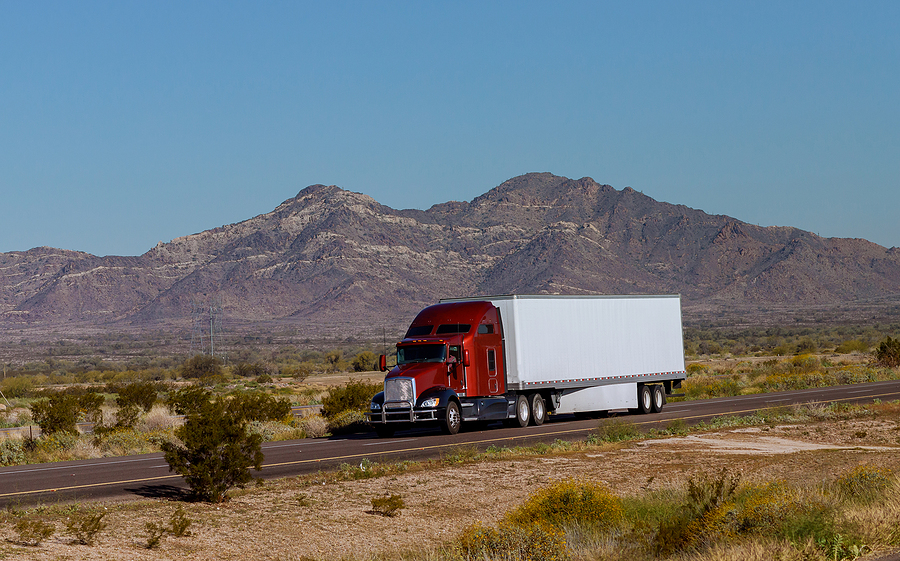Como propietario de una empresa de transporte por carretera, la elección de los productos y herramientas financieros adecuados desempeña un papel importante en su éxito. Una de las decisiones a las que se enfrenta es si una tarjeta de combustible con descuento o una tarjeta de crédito empresarial son adecuadas para su empresa. ¿Cuál es la mejor?
Cuando usted o sus conductores están en la carretera, necesitan poder repostar, y el dinero en efectivo no es la opción más cómoda para hacerlo rápidamente. Además, el dinero en efectivo aumenta el riesgo de robo. Ahí es donde entran en juego las tarjetas de combustible o las tarjetas de crédito.
Lo ideal es que una empresa de transporte disponga de ambos, pero ¿y si no es posible? ¿Cómo decidir qué es lo mejor para su empresa de transporte por carretera? En TBS FactoringEstamos a su disposición para responder a todas sus preguntas.
Cómo funcionan las tarjetas de descuento para carburante
Tarjetas de combustible para flotas tarjetas de combustible con descuentofuncionan de forma similar a una tarjeta de crédito. Entregue a cada uno de sus conductores una tarjeta de combustible antes de que salgan a la carretera. Cuando necesiten combustible, pasarán la tarjeta e introducirán la información que les pida el sistema, como el número de conductor o el número de camión. El conductor introduce la cantidad de combustible que necesita y solicita un recibo si es necesario. El surtidor se enciende y llena el depósito con la cantidad necesaria de gasolina o gasóleo.
La compra de ese combustible puede deducirse automáticamente del saldo de la tarjeta de combustible. Ese saldo puede proceder de fondos prepagados, de una línea de crédito o de pagos recibidos a través de una asociación de factoraje de fletes. Usted recibe notificaciones cuando se compra combustible, cuánto fue y cuál es el saldo disponible en la cuenta de la tarjeta de combustible de la flota.
La tarifa de gas con descuento suele basarse en una de estas opciones.
- Coste Plus: los impuestos y tasas se añaden a la tarifa OPIS vigente para crear un precio final del combustible.
- Directo a usted: El proveedor de la tarjeta de flota y determinadas paradas de camiones negocian una tarifa baja especial.
- Descuento minorista: El descuento ofrecido se deduce del precio actual del combustible que figura en el surtidor.
- Mejor de: Se comparan las dos opciones anteriores y se puede elegir el mejor precio de los dos.
La ventaja de una tarjeta de combustible es la facilidad de uso y la seguridad. Si se pierde una tarjeta, puede desactivarla inmediatamente llamando a la empresa o, a veces, a través de la configuración en línea. También puedes establecer límites sobre cuánto pueden gastar tus conductores en cada viaje.
¿Cuáles son los inconvenientes de las tarjetas de descuento para carburantes?
- No todas las paradas de camiones o gasolineras las aceptan.
- Los descuentos pueden variar de una ciudad o estación a otra.
- El fraude con tarjetas de combustible es un riesgo que debe abordarse con sus conductores y personal de oficina.
- Pueden exigirse compras mínimas mensuales de combustible.
- Puede haber cuotas mensuales o anuales.
Cuando se obtiene una tarjeta de descuento de combustible, vale la pena examinar esos inconvenientes y determinar si superan a los beneficios, lo cual es poco probable. Una tarjeta de descuento en combustible es una excelente forma de que una empresa de transporte ahorre dinero en gasóleo, gasolina y, posiblemente, en gastos como neumáticos y cambios de aceite.
Cómo funcionan las tarjetas de crédito para empresas
Compare una tarjeta de combustible con descuento con una tarjeta de crédito para empresas. Probablemente esté familiarizado con las tarjetas de crédito personales, y una tarjeta de crédito empresarial es muy similar. La diferencia es que puede solicitar varias tarjetas vinculadas a una cuenta de empresa. Dé a cada uno de sus conductores una tarjeta para utilizar cuando están conduciendo una carga de un destino a otro. Pueden utilizar esa tarjeta de crédito empresarial para combustible y otros artículos necesarios, como reparaciones del camión.
Cuando tienes una tarjeta de crédito, cargas las compras contra la línea de crédito que te han aprobado. La línea de crédito se basa en su calificación crediticia y sus ingresos anuales. Una mala puntuación crediticia dificulta la obtención de un tipo de interés bajo.
Si tienes una línea de crédito de $10.000, puedes cargar esa cantidad antes de que te denieguen las compras. Cada mes, debes pagar el saldo total o un porcentaje del saldo adeudado y los intereses que se añaden al pago. Actualmente, el interés medio de una tarjeta de crédito comercial es del 22,2%. Si no puede pagar el saldo completo cada mes, se enfrentará a fuertes cargos por intereses.
Supongamos que sus conductores han cobrado $8.000 en combustible y reparaciones del camión durante el mes. No puede hacer frente a todo el saldo hasta que sus clientes le paguen. Si tus condiciones establecen que debes pagar los intereses más 1% del saldo, tu pago mínimo con un tipo de interés del 22,2% va a ser de unos $230. Los intereses salen caros.
La mayoría de las compañías de tarjetas de crédito le permiten establecer límites sobre cuánto pueden cargar sus conductores y las categorías de esas compras. Por ejemplo, puedes limitar las compras a combustible, hoteles y reparaciones de camiones, de modo que no puedan utilizar la tarjeta en una tienda de cerveza y vino. Así evitarás que los cargos no autorizados aumenten el importe que debes reembolsar.
Cuando contrata una tarjeta de crédito para empresas, a menudo puede elegir las categorías en las que obtendrá devoluciones en efectivo. Los descuentos se acumulan rápidamente y ayudan a reducir los gastos de la empresa. Una tarjeta de crédito empresarial de Chase ofrece 2% de devolución en todas las compras en gasolineras y restaurantes y 1% en otras compras. No hay ninguna restricción en cuanto a la cantidad de dinero que se devuelve en un año. Esta es otra forma de pagar rápidamente el saldo adeudado.
También hay que tener en cuenta los inconvenientes de las tarjetas de crédito para empresas.
- Los tipos de interés de las tarjetas de crédito para empresas se basan en el tipo preferente federal y en la calificación crediticia de su empresa.
- Es posible que no pueda optar a una línea de crédito tan grande como necesita.
- Las cuotas anuales pueden ser costosas.
- Los intereses se acumulan rápidamente si no paga el saldo completo cada mes.
- No abonar al menos el pago mínimo en la fecha de vencimiento repercute en su puntuación crediticia.
Nuestros consejos
Aunque tanto las tarjetas de descuento para combustible como las tarjetas de crédito tienen su lugar en la estrategia financiera de una empresa de transporte por carretera, las tarjetas de crédito conllevan más riesgos. Si gasta por encima de sus posibilidades, corre el riesgo de dañar su crédito. Asegúrese de que cualquier compra que realice sea asequible si su situación financiera cambia.
Si se da cuenta de que tiene dinero en una tarjeta de crédito y no le han pagado con la rapidez necesaria, notifíquelo a la empresa lo antes posible. Alertarles de su situación puede suponer un poco más de tiempo. Ahora es el mejor momento para hablar con una empresa de factoring de carga sobre la factorización de sus facturas. Cobre ahora en lugar de esperar un mes o más a que un cliente le pague.
La factorización de fletes es una opción en la que usted vende sus facturas impagadas a una empresa de factorización para obtener un pago inmediato. Lleve una carga a su destino, envíe el conocimiento de embarque a la empresa de factoring de carga para el pago y reciba el pago ese mismo día o en un par de días. Usted paga una comisión por este servicio.
Aunque el factoring de carga tiene una comisión, es mucho menor que los tipos de interés de las tarjetas de crédito y los recargos por demora. Además, puede obtener una tarjeta de combustible con descuento y beneficiarse de importantes descuentos en gasolina o gasóleo con cada repostaje. Hable con TBS Factoring para obtener más información sobre tarifas y tarjetas de combustible con descuento.





